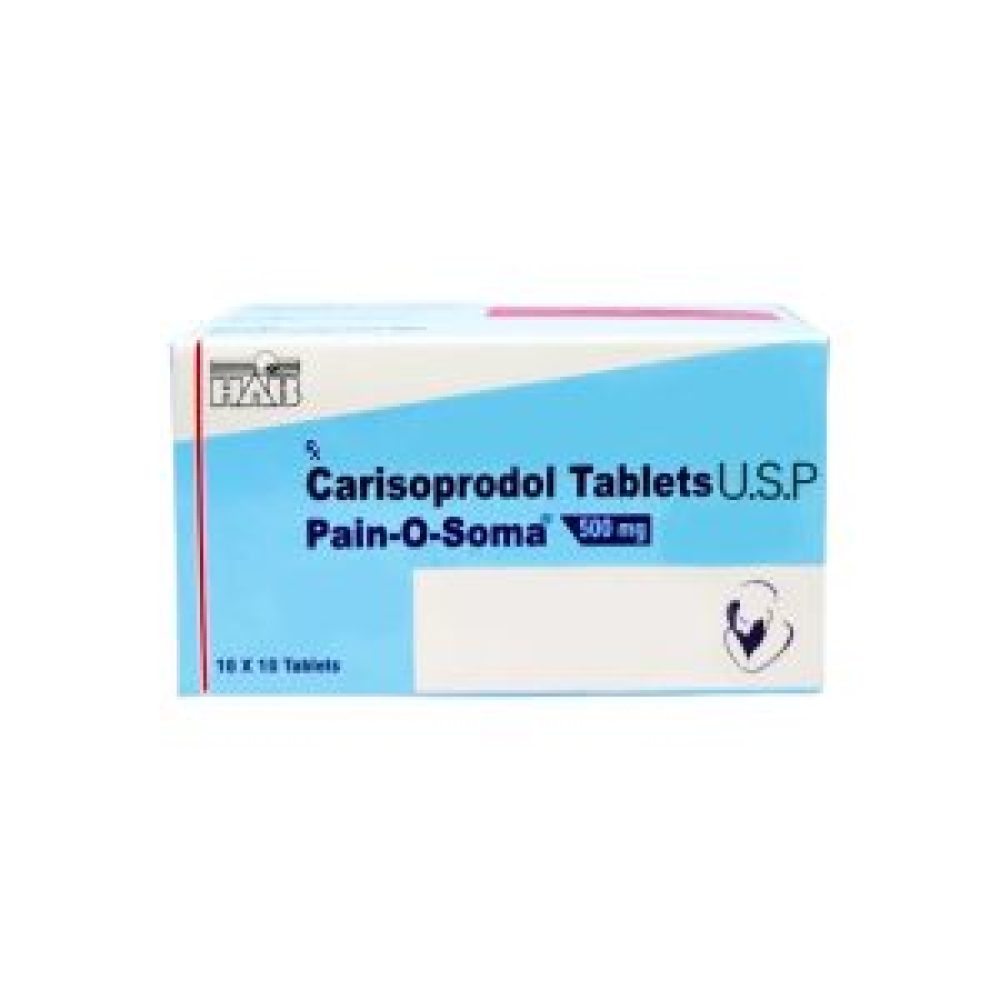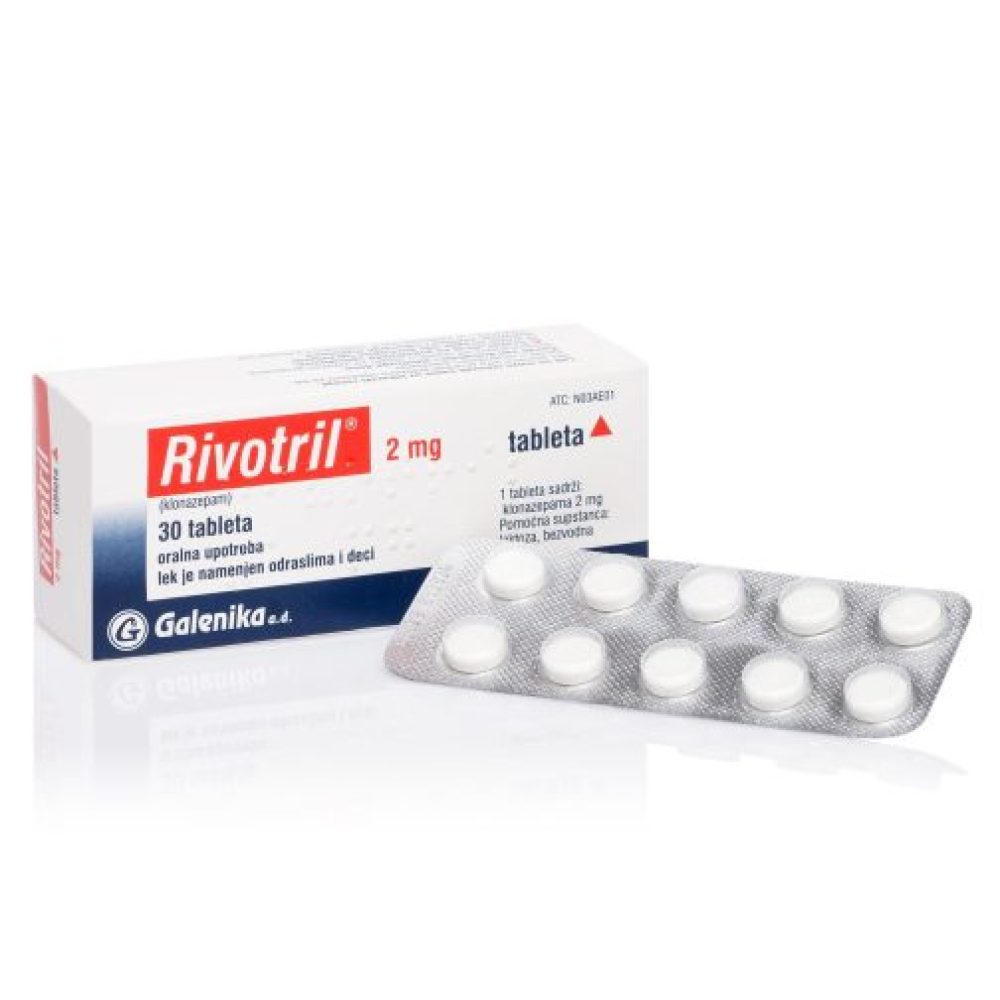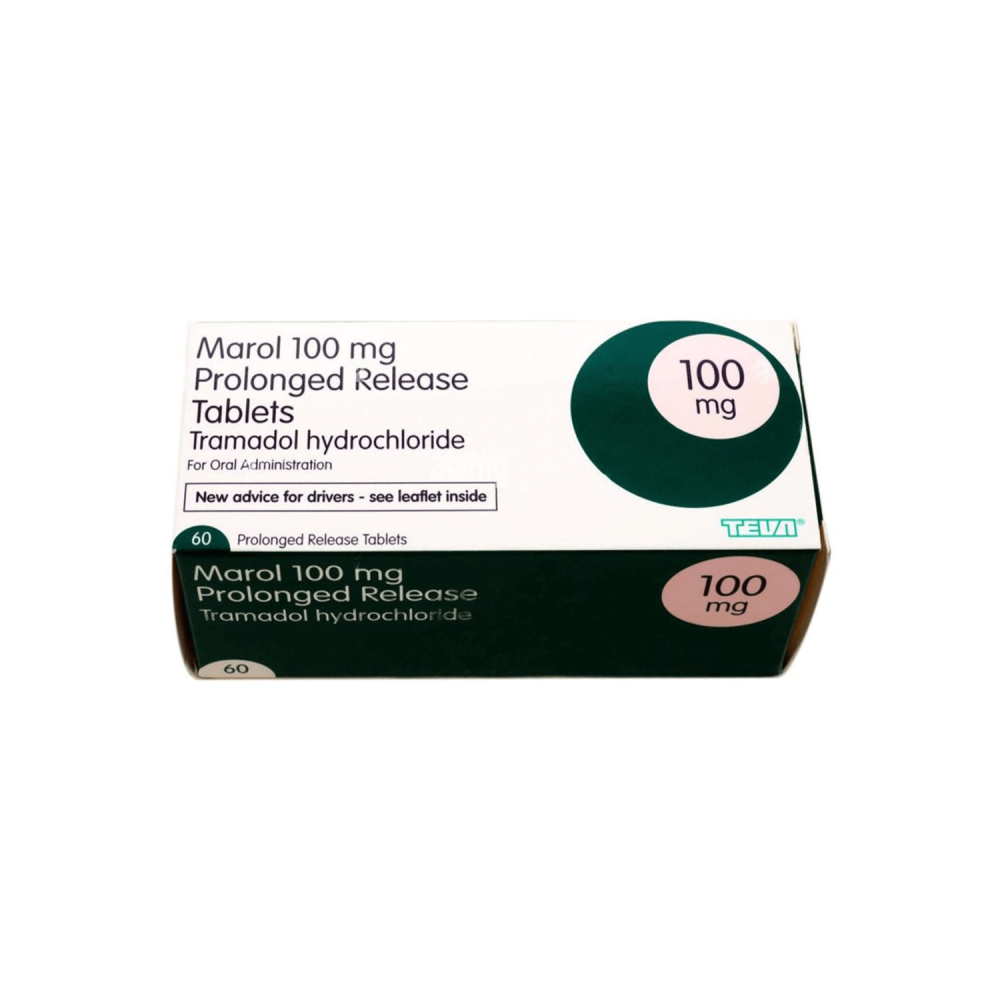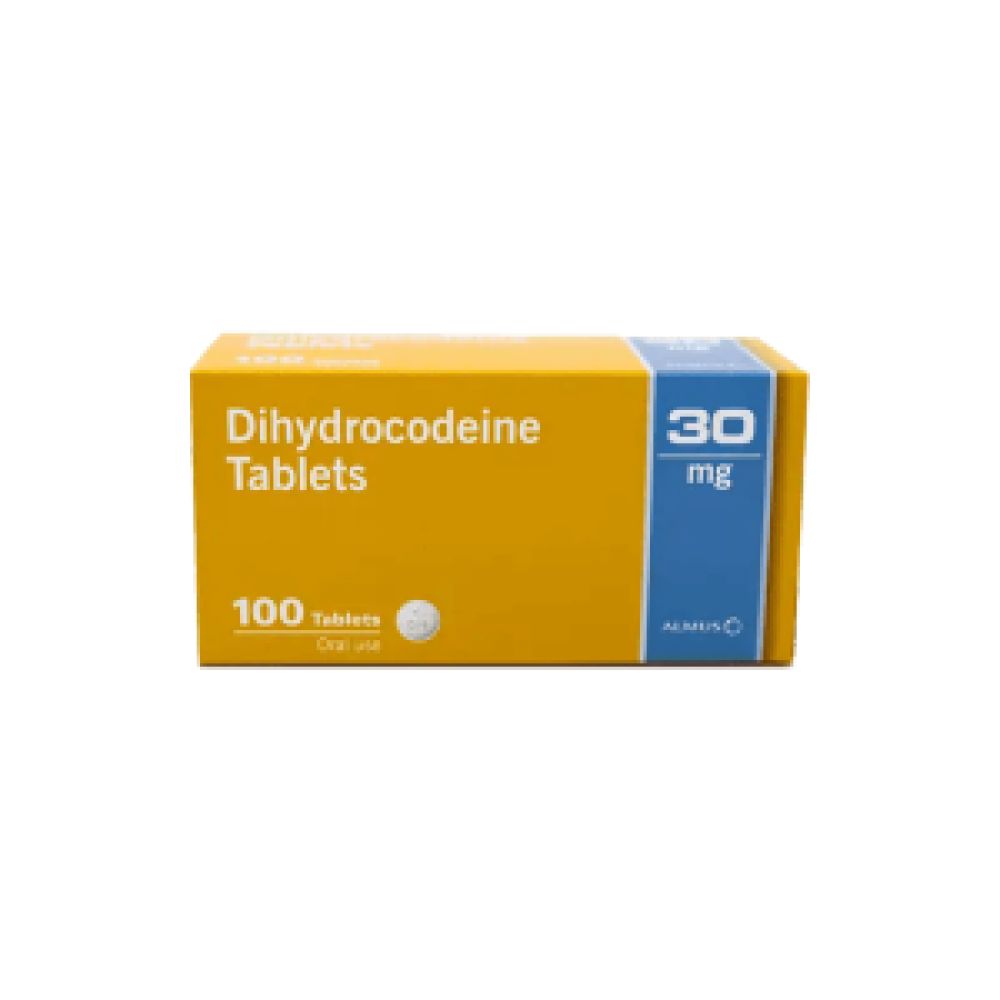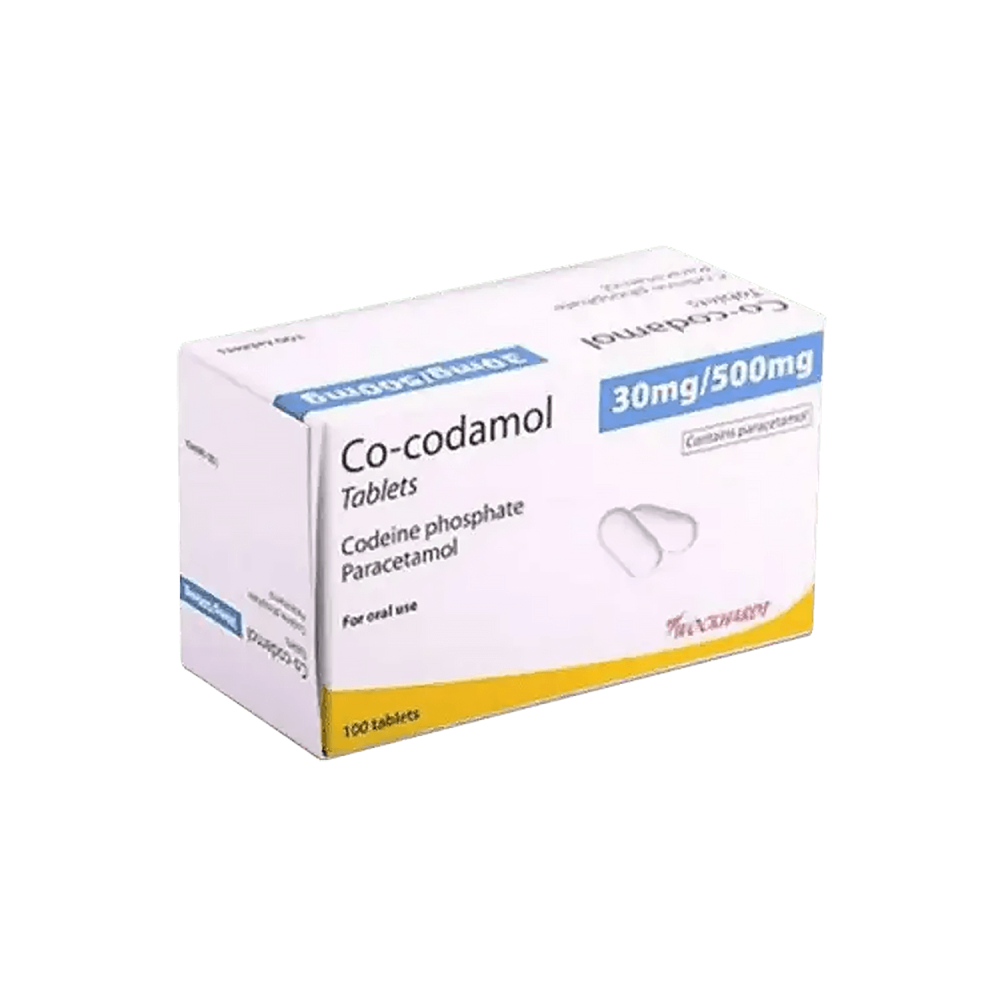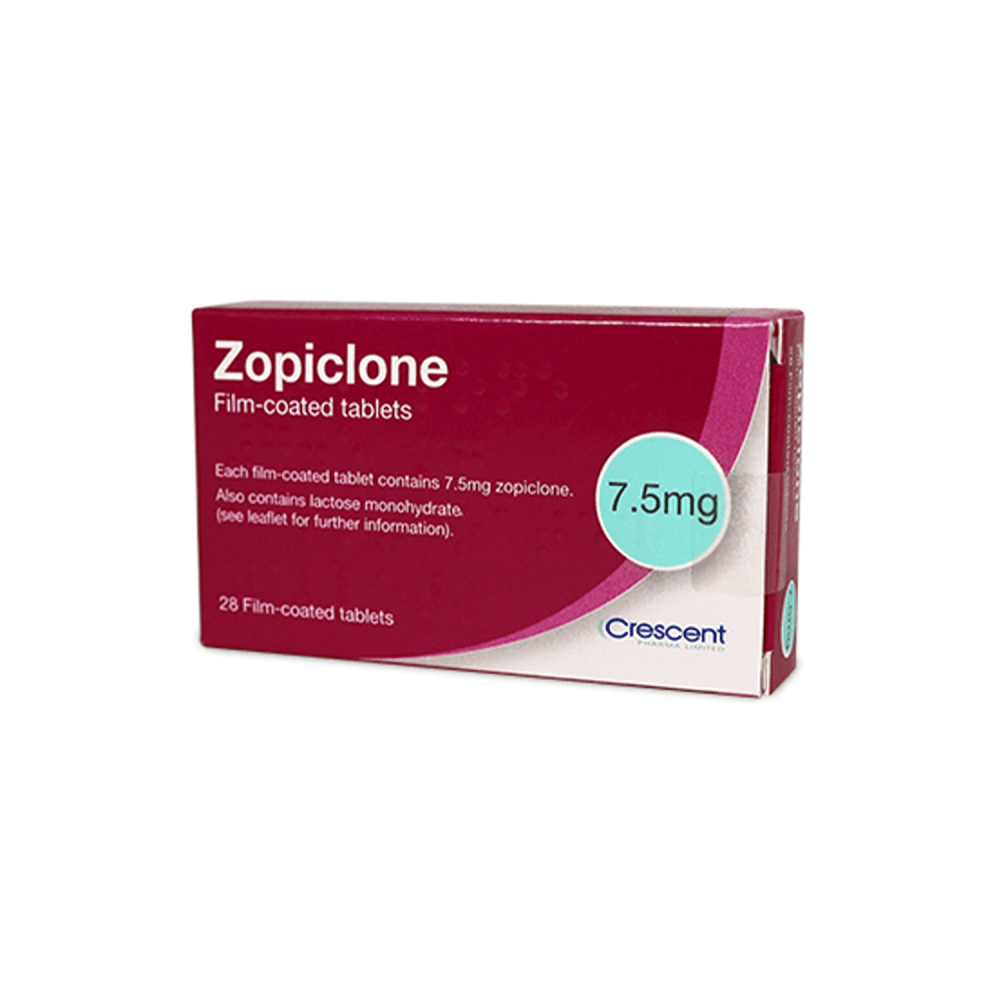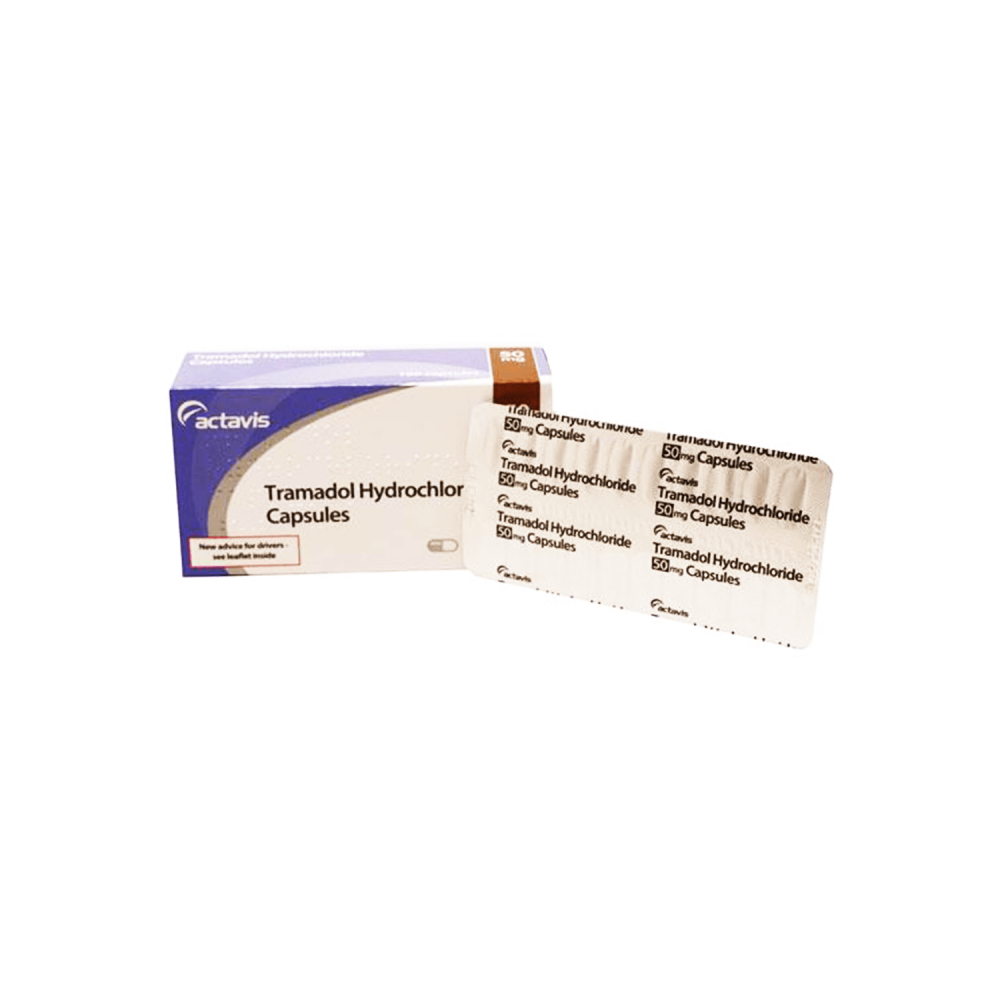Sleep Aids for Insomnia: A Complete Guide to a Good Night’s Sleep
Millions of people worldwide suffer with insomnia, a sleep problem that can have a serious negative influence on a person’s physical, mental, and overall quality of life. Insomnia causes weariness, mood swings, and impaired cognitive function in those who have trouble going asleep, staying asleep, or both. We’ll examine the world of insomnia prescription pills in this guide, including their types, advantages, hazards, and natural substitutes(Insomnia Medication Pills).
Comprehending Sleep Disorders
It’s important to comprehend insomnia in general before discussing medication. There are several categories for insomnia:
- Acute insomnia is a temporary inability to fall asleep that is frequently brought on by stress, changes in lifestyle, or traumatic experiences.
- Chronic Insomnia: Usually linked to underlying medical issues or chronic stress, this condition lasts for at least three nights a week for three months or more.
Typical Symptoms:Having trouble sleeping; waking up a lot during the night; waking up too early and not being able to go back to sleep; and feeling exhausted even after getting a full night’s sleep
A Brief Overview of Sleep Aids
To relieve symptoms and enhance sleep patterns, insomnia prescription pills are frequently prescribed. These drugs function in a number of ways, including boosting relaxation, calming the brain, or causing sleep. They fall into a number of categories, each of which is appropriate for a particular form of insomnia.
Different Kinds of Sleep Aids
- Benzodiazepines – Examples include Lorazepam (Ativan) and Temazepam (Restoril) – How They Work: By acting on the central nervous system, benzodiazepines intensify the effects of GABA, a neurotransmitter that encourages sleep and relaxation.
Use Case: Good for treating acute insomnia in the short term.
Long-term use may result in tolerance, dependence, and withdrawal symptoms. - Non-Benzodiazepine Hypnotics – Examples include Eszopiclone (Lunesta), Zolpidem (Ambien), and Zaleplon (Sonata)
How They Work: These drugs do not have the same general sedative effects as benzodiazepines; instead, they target specific brain receptors linked to sleep.
Use Case: Because of its lower dependency risks and fewer adverse effects, it is frequently given for persistent insomnia.
Dangers: Fatigue, memory loss, or grogginess the next day.
Melatonin Receptor Agonists – Examples: Ramelteon (Rozerem) – How They Work: They mimic the hormone melatonin, which controls the circadian rhythm.
Use Case: Ideal for people who have difficulty falling asleep or delayed sleep phase syndrome.
- Risks: May not be as helpful for severe insomnia, although side effects are minimal when compared to other sleeping drugs(Insomnia Medication Pills).
1. Antidepressants – Amitriptyline and Trazodone are two examples
- How They Work: Some antidepressants can aid with insomnia because of their sedative qualities.
Use Case: Helpful for people whose anxiety or depression is associated with their insomnia. - Dangers: Dry mouth, weight gain, or weariness during the day.
1. Sleep Aids Sold Over-the-Counter (OTC)
Examples include Doxylamine (Unisom) and Diphenhydramine (Benadryl).
How They Work: They contain drowsiness-inducing antihistamines.
Use Case: Insomnia episodes that are mild.
Long-term fatigue, tolerance, and decreased efficacy are the risks.
Advantages of Medications for Sleeplessness
Medication can be quite helpful in certain circumstances, but it is not a one-size-fits-all solution:
- Quick Relief: Medication can assist people with acute insomnia quickly get back to a regular sleep schedule.
- Improved Sleep Quality: Drugs can lessen nocturnal awakenings and enhance the general quality of sleep.
- Support for Underlying Conditions: Co-occurring conditions such as chronic pain, depression, or anxiety are addressed by certain drugs.
- Improved Daily Functioning: Getting a good night’s sleep boosts mood, productivity, and concentration while lowering weariness.
Dangers and Adverse Reactions to Sleep Aids
Despite their advantages, drugs for insomnia may have drawbacks.
1.Dependency and Tolerance: Addiction or decreased efficacy may result from prolonged usage of some drugs.
- Daytime Drowsiness: Some medications, especially over-the-counter ones, can leave you feeling drowsy for a long time.
- Cognitive Impairment: Certain drugs may cause memory loss and decreased cognitive function.
- Adverse responses: Sensitive people may experience allergic responses, lightheadedness, and other adverse effects.
- Complex Sleep Behaviours: Sleepwalking, sleep driving, and other actions that require partial wakefulness are uncommon adverse effects.
Who Needs to Think About Taking Sleep Aids?
Insomnia medications may be suitable for those who: – Experience transient sleep disturbances brought on by stress, travel, or brief life transitions.
Have persistent insomnia that is not resolved by behavioural treatment or changes in lifestyle.
Have sleeplessness as a result of psychological or physiological issues.
Alternatives to Medicine
Natural solutions and behavioural adjustments can help promote sleep health for people who are hesitant to take medications:
1. Cognitive Behavioural Therapy for Insomnia (CBT-I) –
A structured, evidence-based strategy to identify and alter negative thoughts and behaviours affecting sleep. – Often as effective as medication in treating chronic insomnia.
2. Changes to Lifestyle – Sleep Hygiene
Limit screen time before bed, establish a regular nighttime ritual, and keep your sleeping space comfortable.
Dietary Adjustments: Steer clear of nicotine, coffee, and large meals right before bed.
3. Natural Supplements – Melatonin
Helps control the circadian rhythm.A herbal medicine with sedative qualities is Valerian Root.
Magnesium: Aids in stress reduction and muscular relaxation.
4. Relaxation Techniques
Deep breathing techniques, yoga, and mindfulness are some practices that help lower stress and get the body ready for sleep.
When to See a Physician
It’s important to see a healthcare professional if your insomnia doesn’t go away after trying OTC treatments and lifestyle modifications(Insomnia Medication Pills). A physician can assist in identifying the root cause of sleeplessness and suggest a customised course of treatment that may involve counselling, medicine, or both.
Important Signs to Seek Medical Attention
Sleeplessness that lasts more than three weeks.
There are symptoms that interfere with day-to-day activity.
Co-occurring symptoms, such as extreme depression or anxiety.
In Conclusion
Medications for insomnia might be a lifesaver for people who have trouble falling asleep. To reduce dangers and adverse effects, they should be used sparingly and under a doctor’s supervision. The best results are frequently obtained when behavioural therapy, medicine, and healthy lifestyle modifications are combined.
If you suffer from insomnia, keep in mind that there are efficient remedies for the condition. Prioritise a comprehensive plan to recover your nights—and your health—by speaking with your doctor to determine the best course of action for your unique circumstances(Insomnia Medication Pills).
The purpose of this thorough guide is to shed light on insomnia drugs and how they are used to treat sleep disorders. With the correct resources and assistance, sweet dreams are achievable!


